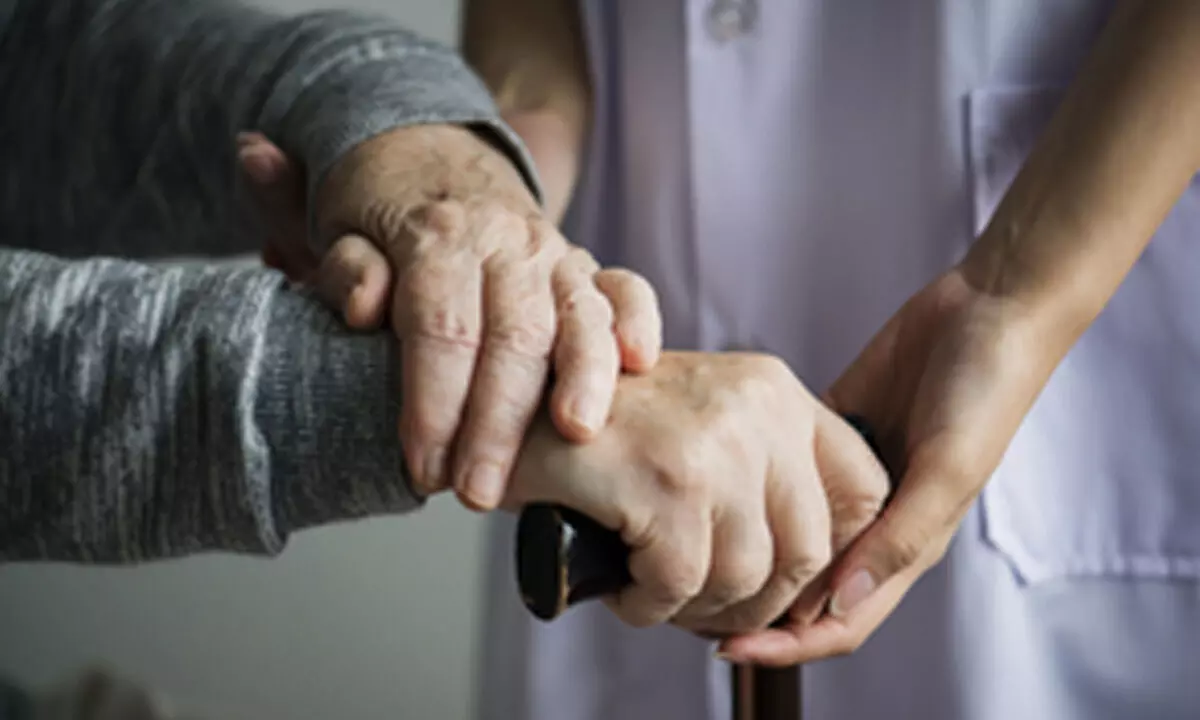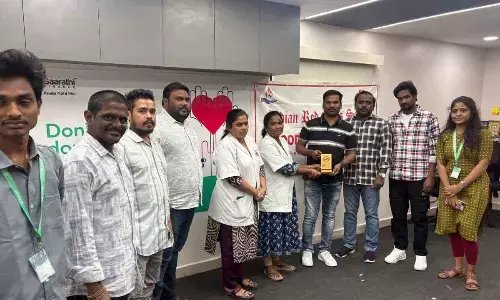Better living conditions may be linked to more successful stroke recovery: Study
Share :

Stroke survivors living in areas with high unemployment, low income, poor education levels, and poor housing quality are twice as likely to suffer poor recovery after a stroke compared to those living in areas with better conditions, a new study has shown.
San Francisco: Stroke survivors living in areas with high unemployment, low income, poor education levels, and poor housing quality are twice as likely to suffer poor recovery after a stroke compared to those living in areas with better conditions, a new study has shown.
In the study published in the journal 'American Stroke Association', the researchers found that among 2,164 people with ischemic (clot-caused) stroke, the one-year unadjusted risk of poor outcomes was 35 per cent, 40 per cent and 46 per cent for patients residing in neighbourhoods with low, intermediate and high deprivation, respectively.
“Although stroke patients from differing socioeconomic backgrounds often have similar functional status at discharge, outcomes can vary dramatically a year later," said Leah Kleinberg, BA, a postgraduate clinical research associate at Yale School of Medicine in New Haven, US.
"As a clinical research associate, I get to interact with them far beyond the completion of their urgent treatment, which sparked my interest in exploring the long-term outcomes for these patients,” she added.
In this study, researchers used data from Yale’s Longitudinal Study of Acute Brain Injury and Area Deprivation Index (ADI) rates for the 2020 US Census blocks to compare outcomes among stroke survivors by socioeconomic disadvantage factors.
After considering the inability of the ADI to specifically measure each level of deprivation, the researchers discovered that those living in intermediate and high deprivation areas had 44 per cent and 107 per cent greater risk, respectively, of unfavourable outcomes, compared to patients living in neighbourhoods with low deprivation levels.
Patients with poor outcomes were unable to manage their own affairs without assistance and needed some assistance in daily activities. Patients with good outcomes were able to live independently, although some still had residual symptoms, the researchers noted.
“We hope this study will help promote awareness of how social determinants of health are as important as clinical variables and health information when trying to identify patients who are particularly high risk for poor long-term outcomes,” Kleinberg said.
















